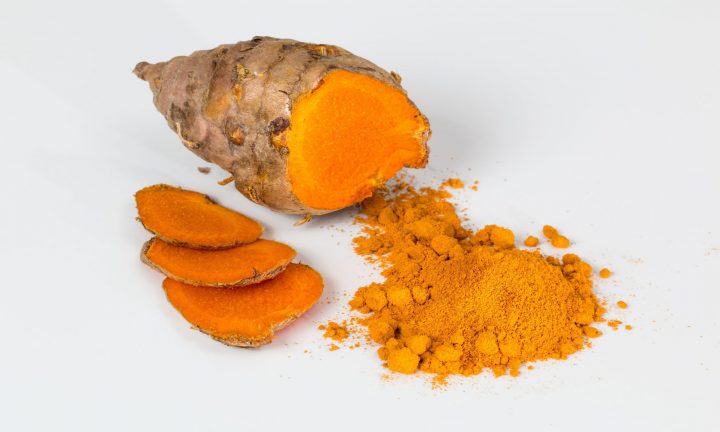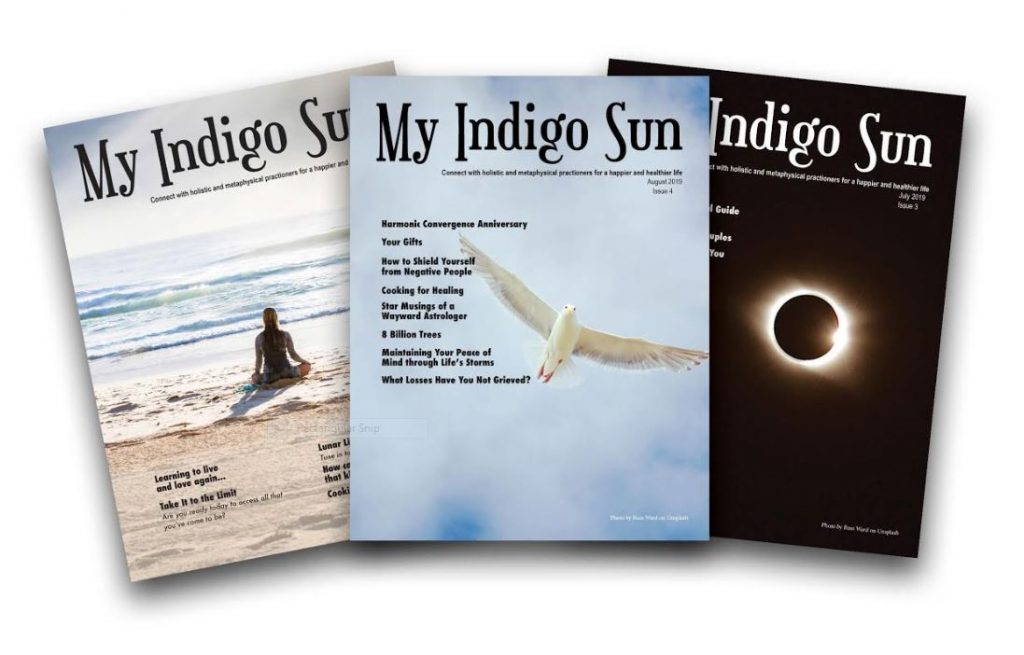According to the Google misery index, February, March, and a half of April are the times of year we’re most depressed, anxious, and stressed. In order to prevent unpleasant emotional and mental states, we have found a possible natural solution.
Remarkable results of a clinical study published in 2014 in the journal Phytotherapy Research found that widely known spice curcumin can treat depression as effectively as some antidepressant drugs. Curcumin is a highly portent chemical in turmeric.
“These findings indicate the potential benefits of… curcumin to reverse the development of depression and enhance the outcome of antidepressant treatments in major depressive disorder,” the authors wrote.
Study researchers compared an extract of a common kitchen spice curcumin against the antidepressant Prozac® in patients with major depressive disorder. They discovered that the spice extract performed just as well at improving symptoms of depression as this widely prescribed antidepressant drug!
One more important aspect. As you know, antidepressant medications come with a long list of side effects, like weight gain, headaches, dizziness, upset stomach, and mental dullness just to name a few…
What are curcumin’s side effects and drawbacks? Doses of up to 8 grams of curcuminoids aren’t associated with ANY side effects.
Among other spices and herbs to enhance your mood are holy basil, ginger, lemon balm, passionflower, and chamomile.
Keep in mind that natural remedies may take weeks to show results, so introduce these species and herbs into your diet before there is a need to take anti-depressants.
Warning: if you are taking prescribed anti-depressants, consult with your doctor before adding herbs or spices as they may increase side effects of drugs.
Based on materials from Maria Groves, professional herbalist, and other research findings listed below.
References
- Rodrigez, T. Curcumin shows promise in the Depression Treatment, Retrieved January 2020
- University of Maryland Medical Center. Turmeric. Retrieved December 4, 2015 from https://umm.edu/health/medical/altmed/herb/turmeric.
- Lopresti AL, Maes M, Maker GL, et al. Curcumin for the treatment of major depression: A randomized, double-blind, placebo controlled study. J Affect Dis.2014; 167:368-375.
- Lopresti AL, Maes M, Meddens MJ, et al. Curcumin and major depression: a randomised, double-blind, placebo-controlled trial investigating the potential of peripheral biomarkers to predict treatment response and antidepressant mechanisms of change. Eur Neuropsychopharmacol.2015; 25(1):38-50.
- Yu JJ, Pei LB, Zhang Y, et al. Chronic supplementation of curcumin enhances the efficacy of antidepressants in major depressive disorder: a randomized, double-blind, placebo-controlled pilot study. J Clin Psychopharmacol.2015;35(4):406-410.
- Sanmukhani J, Satodia V, Trivedi J, et al. Efficacy and safety of curcumin in major depressive disorder: a randomized controlled trial. Phytother Res.2014;28(4):579-585.
- University Health Network, Toronto. 12-Week Study Investigating the Efficacy, Safety, and Tolerability of Adjunctive Infliximab for Bipolar I/II Depression. Retrieved on December 4, 2015 from https://clinicaltrials.gov/ct2/show/NCT02363738?term=infliximab+mcintyre&rank=1.
- Lopresti AL, Hood SD, Drummond PD. A review of lifestyle factors that contribute to important pathways associated with major depression: diet, sleep and exercise. J Affect Dis.2013;148(1):12-27.




